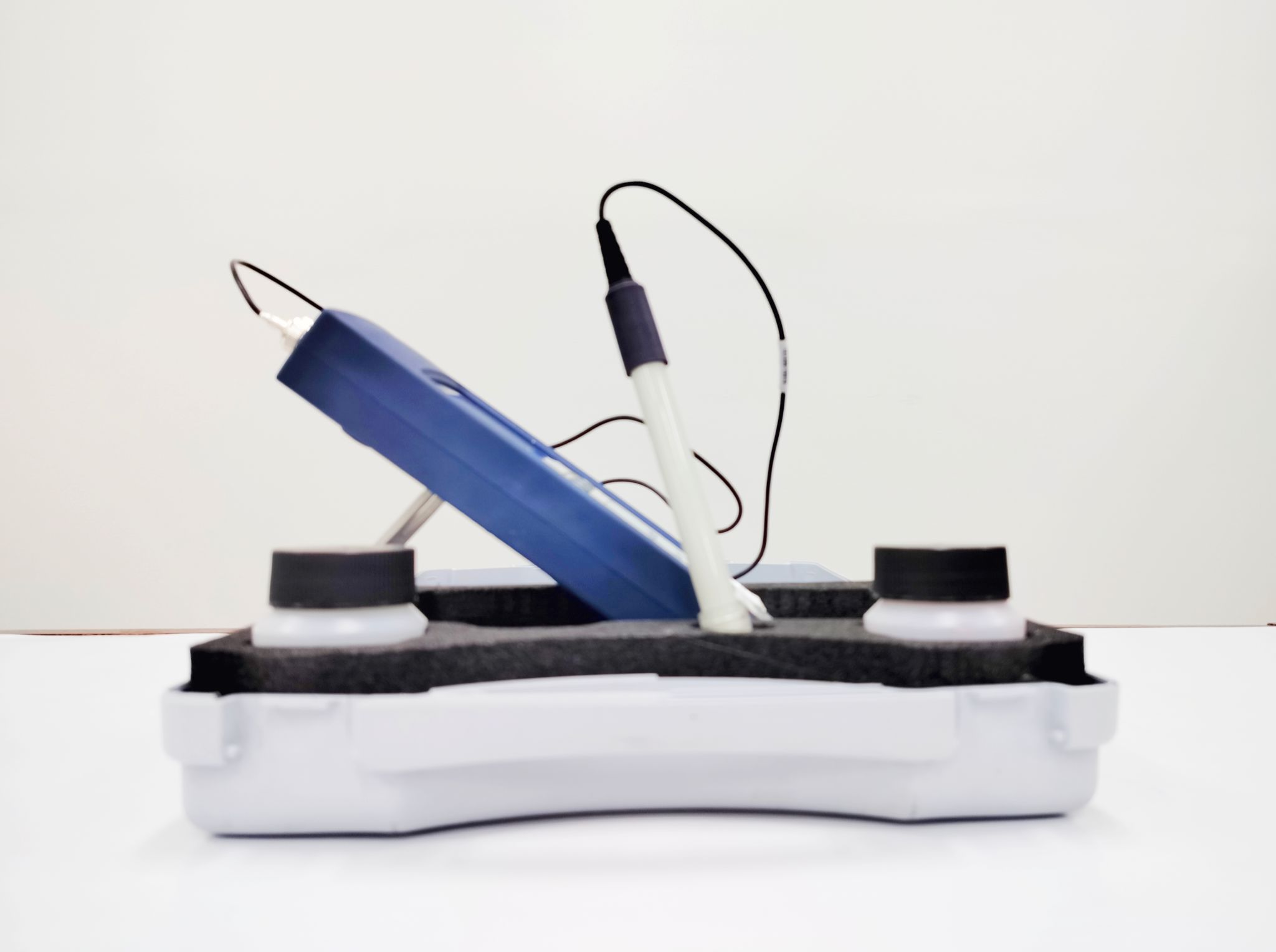How to Implement Mobile Drug Testing in Your Workplace
Understanding Mobile Drug Testing
Mobile drug testing is a convenient and efficient way to ensure a safe and productive workplace. It involves testing employees for drug use at the workplace rather than requiring them to travel to an external testing facility. This approach offers numerous benefits, including reduced downtime, increased privacy, and flexibility in scheduling. Implementing mobile drug testing can be a seamless process when approached with the right strategies and tools.
First, it's essential to understand the key components of mobile drug testing. These typically include on-site sample collection, analysis by certified professionals, and confidential reporting of results. By bringing the testing process to your location, businesses can maintain workflow continuity and minimize disruptions.

Setting Up Your Mobile Drug Testing Program
Before implementing mobile drug testing, it's crucial to establish clear policies and procedures. Begin by reviewing existing company policies on drug use and updating them as necessary to include mobile testing protocols. Ensure that these policies comply with local laws and regulations governing workplace drug testing.
Next, choose a reliable mobile drug testing provider. Look for a provider that offers comprehensive services, including on-site collections, laboratory analysis, and secure data management. It's beneficial to select a provider with experience in your industry to ensure they understand any specific needs or challenges you might face.

Training and Communication
Once your program is set up, training employees and supervisors is vital. Conduct training sessions to educate staff about the new policies, procedures, and the importance of maintaining a drug-free workplace. Clear communication can help mitigate any concerns or misconceptions about the testing process.
Additionally, consider conducting informational sessions or distributing materials that outline the benefits of mobile drug testing. Emphasizing the program's role in enhancing safety, productivity, and employee well-being can foster acceptance and cooperation among your team.
Implementing the Testing Process
With policies and training in place, you're ready to implement the mobile drug testing process. Coordinate with your chosen provider to schedule regular and random tests. Regular testing can be part of routine safety checks, while random tests can help deter potential substance abuse.
Ensure that the testing process is as seamless as possible. Designate a private area within your workplace for sample collection to maintain confidentiality and comfort for employees. The provider should handle all aspects of sample collection and analysis professionally and discreetly.

Handling Test Results
Handling test results is a critical component of mobile drug testing. Develop a clear process for receiving results confidentially and securely. Results should only be accessible to authorized personnel to protect employee privacy.
If an employee tests positive, follow your company's established procedures for dealing with such outcomes. This may involve confirming the results with further testing, offering support through employee assistance programs, or taking disciplinary action if necessary.
Evaluating Program Effectiveness
Finally, regularly evaluate the effectiveness of your mobile drug testing program. Gather feedback from employees and supervisors to identify any areas for improvement. Analyze data on workplace incidents or productivity changes to assess the program's impact.
By staying proactive and adaptive, you can ensure that your mobile drug testing program remains an effective tool in maintaining a safe and productive work environment. Regular reviews and updates to your policies will keep the program aligned with current best practices and legal requirements.